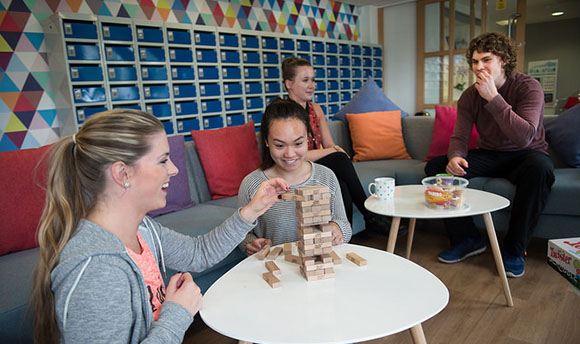When I started my PhD, I began with a simple question: Can creative practice influence water policy? It didn’t take long to question myself for posing such a paradoxical question when I realised my question contained two ontologies. Water Policy is constructed according to a Cartesian ontology, which views water as being an object apart from the human. Knowledge of water is formed on a scientific basis that can be quantified to develop evidence to form policy to manage rivers. Creative practice, on the other hand, focuses on subjective lived experience, where knowledge is created through experience, which is not quantifiable.
As I grapple with these opposing ontologies, one of the many meandering strands of my PhD is to question how “we” (people in the UK, including myself) understand and experience landscape and water. There are several stories recently in the media of rivers increasingly being polluted, particularly in England, as reported by the Guardian News and also the surrounding landscape of rivers being managed in ways that reduce biodiversity along river banks like the River Tone. In both cases the people who live near these rivers want their rivers to be looked after and river biodiversity to be maintained. However, companies and institutions who are entrusted to look after rivers, make questionable decisions, - like for example Water Companies deciding to release raw sewerage as part of routine water.
Why is understanding our experience in relationship to water and landscape important? Our experiences of our surrounding landscape (including rivers) provide embodied knowledge. In other words, such knowledge does not rely solely upon a cartesian or scientific design. This is a type of knowledge where the body often seems to know how to act within a surrounding landscape. For example, the presence of snow and a societal tradition of skiing in Norway during the winter, develops an embodied knowledge of skiing. Such experiences are based on feeling, familiarity, memory, and associations in relationship to landscape and they provide meaning to landscape that is not separate to human beings, but rather are a part of human beings. Such emotions can foster a more caring and meaningful relationship to landscape and challenge decisions that are based on scientific evidence.
According to Ingold (2011), it is Western ontology that provides the notion that environment (landscape) is separate to us; something “out there” that we can objectify and represent through quantification. This provides the necessary evidence to form guidelines that enable the management of environment based on the idea that environment exists to benefit individuals and society. Positioning environment outside of human beings, allows the exploitation of environment, because it is there for human use. To ensure some sense of control of how humans behave in environment, legislation invents penalties and fines towards people who pollute or damage the environment. However, for companies and institutions who have no connection to the environment, polluting it is little problem if they can avoid being caught by law or if they afford the fines they have to pay if they are caught.
So, how can those voices, the ones who care about their landscape and water, be heard? Through a methodology based in creative practice research, it is possible to create spaces of creativity and reflection that allow shared experiences in relationship to landscape and water to be brought to the surface, where they can be discussed and transformed into meaningful understanding, that perhaps can develop and shift the ontology of water policy.
Unfortunately, because of our busy lives that are often urbanized, our habitual relationship with our surrounding landscape often goes unnoticed, therefore in my research I have realized the necessity to form creative spaces that bring people, water and landscape together in ways that facilitate a form of sharing of experiences that bring these “unnoticed” relationships into collages of rich descriptions of feelings, memories, emotions, thoughts, ideas and associations. Each creative space I develop responds to ecological philosophies, such as ecosophy, which positions the human as being part of environment, rather than being separate to it. From this position, I then create participatory creative processes with groups of people that explores connections and relationships within the group of people alongside landscape and water. Through the creative process emerges transformative experiential knowledge that has the possibility to facilitate a more holistic, less objective and more ethical relationship with ourselves and environment, which can transform present water policies.







